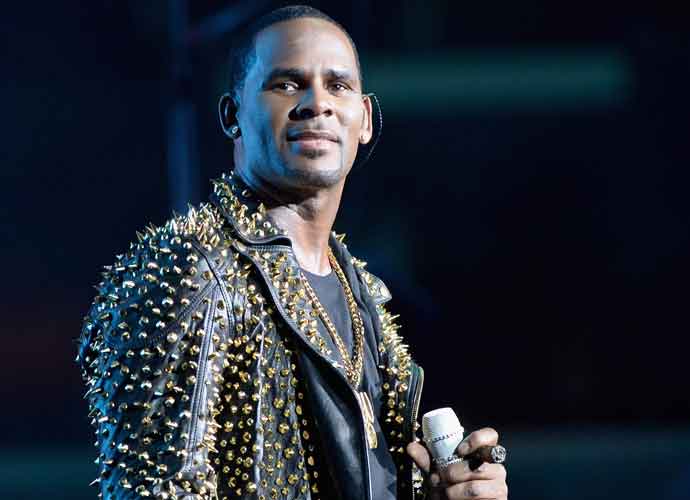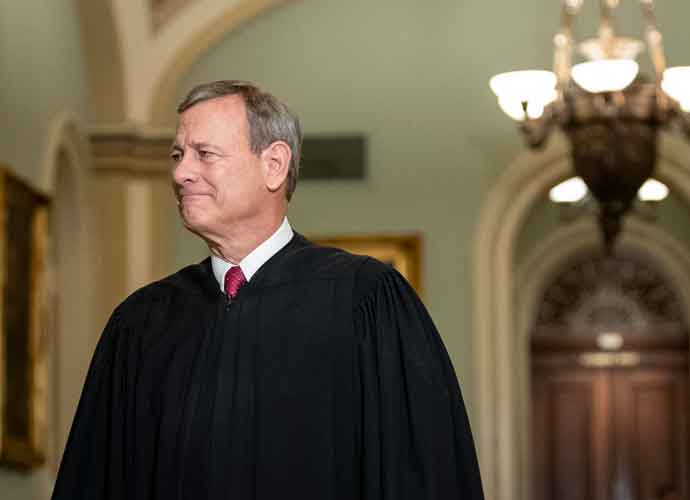R. Kelly’s Sex Trafficking Trial Begins Jury Selection
Grammy-winning musician R. Kelly’s sex trafficking trial began on Monday with jury selection in New York City. The singer’s defense team delayed the trial into the summer due to the COVID-19 pandemic, nearly two years after he was charged with abuse against women and girls for about two decades.
U.S. District Judge Ann Donnelly questioned potential jurors about keeping an open mind about Kelly’s past, reminding them that the defendant is believed to be innocent and that their decision should not be influenced by what they have previously heard about the case.
The proceeding was conducted with pandemic precautions, limiting the press and public. Kelly and potential jurors were not clearly visible on feeds and audio was frequently unclear.
The process was anticipated to last at least until the end of Tuesday.
Kelly, born Robert Sylvester Kelly, has been in jail since he was indicted, the majority of the time in Chicago. Last month, he was moved to the federal Metropolitan Detention Center in Brooklyn to face trial in a separate case.
Defense attorney Deveraux Cannick told a judge that Kelly needs to be measured for new clothes because of the weight he has gained during his time in jail. Additionally, Cannick requested court transcripts be provided at no cost because the singer has not worked for two years, saying, “his funds are depleted.”
Kelly has denied all accusations and has pleaded not guilty to charges that claim he was leading an enterprise of managers, bodyguards and employees who assisted him in recruiting women and girls for sex. Federal prosecutors said that the group chose victims at Kelly’s concerts and other venues, organizing a trip for them to travel and see Kelly.
Defense lawyers have claimed that Kelly’s alleged victims were groups of women or girls who made it known they “were dying to be with him.” The accusations surfaced years later during the #MeToo era.
The trial was originally slated to start earlier in the year. Opening statements, however, were moved to August 18 after the singer fired his initial lawyers.
Jurors are expected to hear testimony from many of Kelly’s alleged victims. A judge ruled that the women will only be called by their first names.
Prosecutors are also expected to provide evidence that Kelly planned with others to pay for fake identification for Aaliyah Dana Haughton – a 15-year-old girl who was starting her singing career – during a secret ceremony in 1994.
Haughton was identified as “Jane Doe #1” in court documents because she was a minor when Kelly started engaging in sexual relations with her and thought she had become pregnant, according to the papers.
“As a result, in an effort to shield himself from criminal charges related to his illegal sexual relationship with Jane Doe #1, Kelly arranged to secretly marry her to prevent her from being compelled to testify against him in the future,” the papers said.
Kelly wrote and produced her 1994 debut album, Age Ain’t Nothing But A Number. Haughton died at the age of 22 in a plane crash.
This case is only one of the charges Kelly is facing. The singer has also pleaded not guilty to sex-related charges in Illinois and Minnesota.
Kelly won several Grammys for his well-known 1996 song “I Believe I Can Fly.”
About a decade later, Kelly began to release what soon became 22 chapters of a musical drama, Trapped in the Closet.
For many years, the singer has been accused of being sexually inappropriate, including a case in 2002 in Chicago involving child pornography. Kelly was exonerated in that case in 2008.
Kelly began facing accusations once again during the #MeToo era; several women publicly accused the singer and a documentary, Surviving R. Kelly, was soon released in 2019.
RELATED ARTICLES
Get the most-revealing celebrity conversations with the uInterview podcast!









Leave a comment